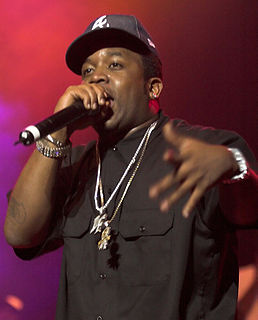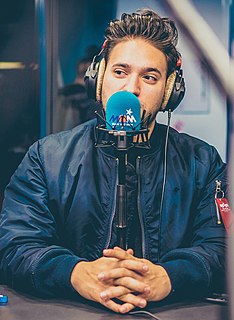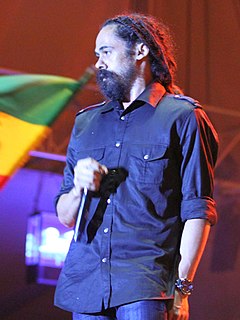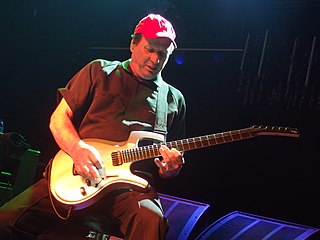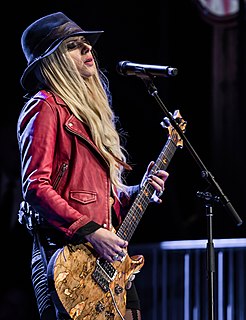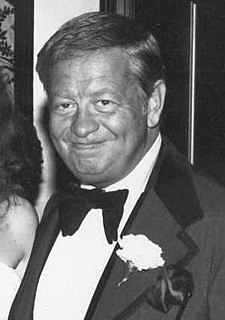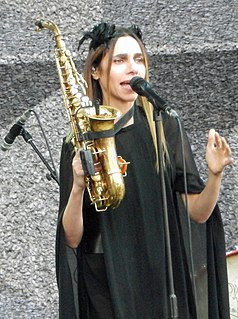A Quote by Big Boi
The way to judge a new artist is by listening to their albums and gauging the progress that they make from the first record to the next one.
Related Quotes
When I've had to edit my albums, I'll listen to it one time through, and I'll make edits. I want to remember to set up a camera to record myself listening to my set, because I don't even slightly crack a smile, I am just listening for technical details, and I look like somebody that has absolutely no sense of humor. I look insane.
Whenever there's a new music, there's a new way of listening. And whenever there's a new way of listening, there are new musics that follow from that. And people start listening differently - that can either mean in different places or at different volumes or in different social groups or through different technologies.
Our findings do not represent a quick fix, or the next fashion statement in a long string of management fads, or the next buzzword of the day, or a new 'program' to introduce. No! The only way to make any company visionary is through a long-term commitment to an eternal process of building the organization to preserve the core and stimulate progress.
I always make a point to make my records different. Let's say I have a record that's influenced by hip-hop in an abstract way; for the next record, I'd try not to do that. They are all connected in a personal way but it's important not to repeat myself, because then I can always learn something about myself through my work.
I don't think that much anymore in terms of 'write a record, record a record, tour a record,' because in my own mind, things have changed, in that I'm just an ongoing artist. I'm not quite sure what the next project needs to be until it presents himself, and then I know. I just follow dutifully while I'm being led.
That one record changed everything for me. After Sgt. Pepper, it's the most influential record in the history of rock and roll. It affected Pink Floyd deeply, deeply, deeply. Philosophically, other albums may have been more important, like Lennon's first solo album. But sonically, the way the record's constructed, I think Music from Big Pink is fundamental to everything that happened after it.
